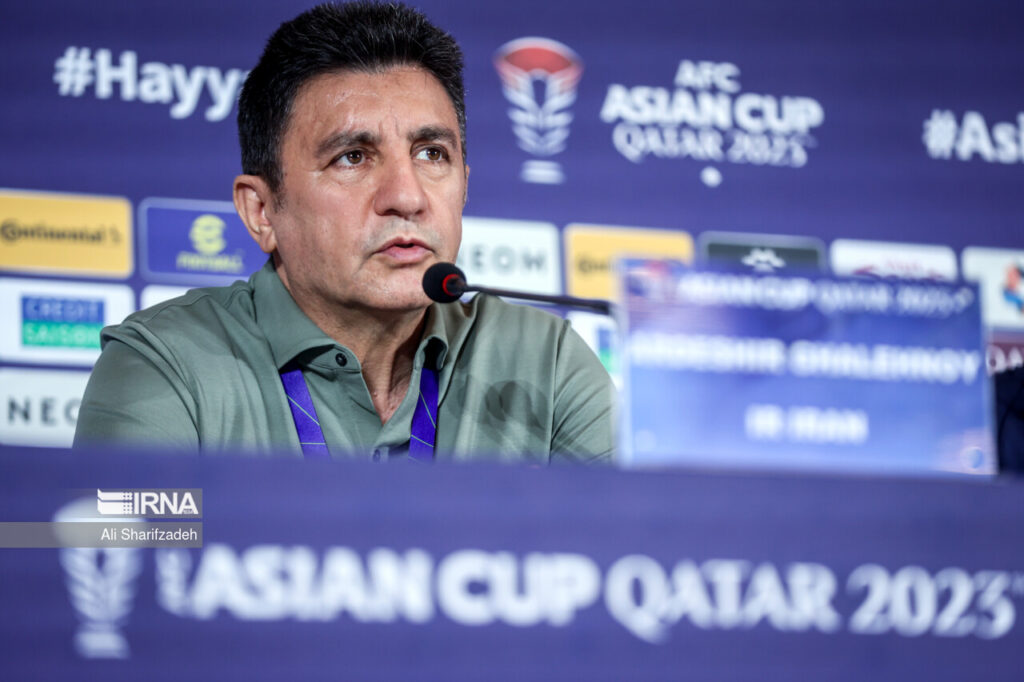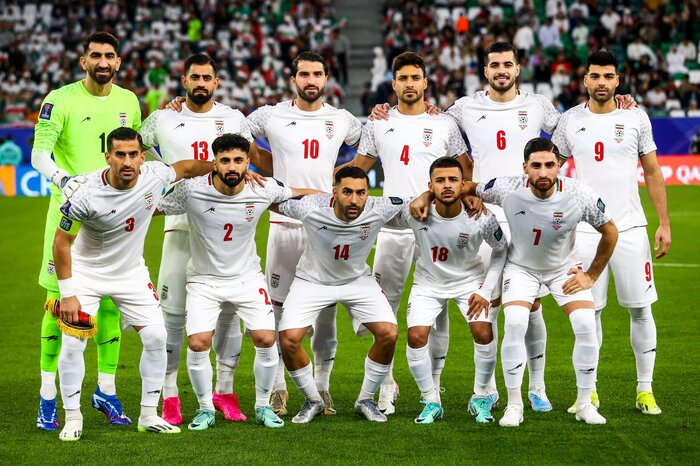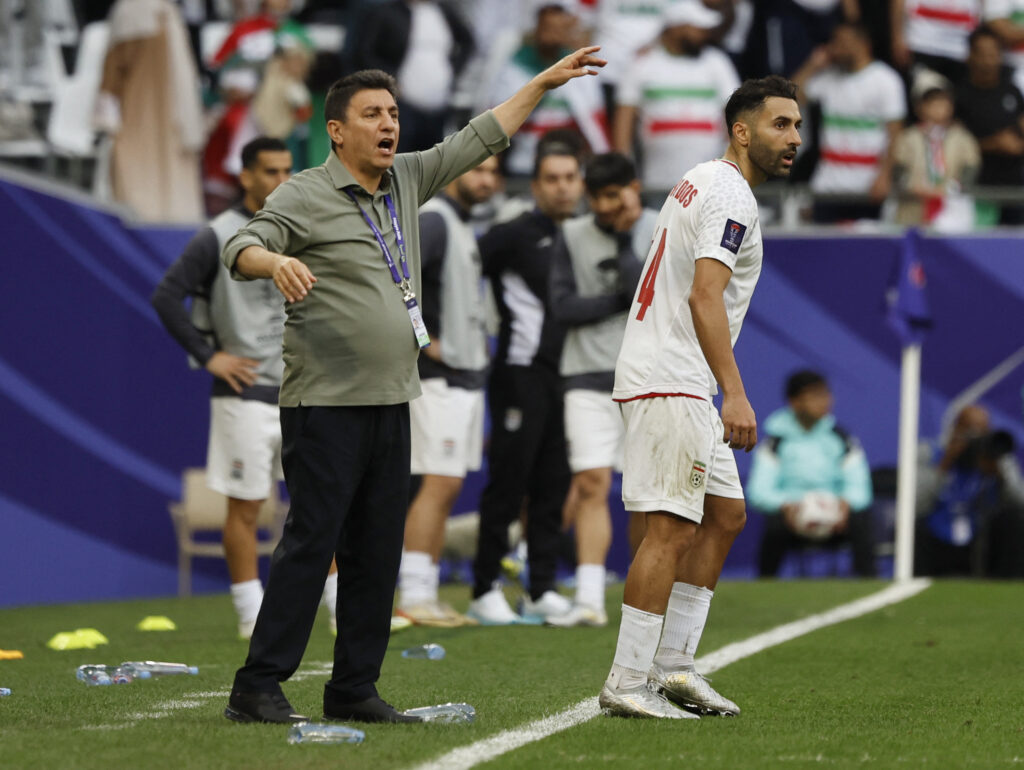Amir Ghalenoei’s tenure as coach of Team Melli has been marked by dedication and effort, but the ultimate measure of success in titles and championships has proven elusive. Despite his best intentions, Ghalenoei faces inherent challenges, including skepticism from a portion of Team Melli fans who question the efficacy of a local coach for the national team.
Before the AFC Asian Cup 2023, Ghalenoei’s approval rating hovered below 40%, influenced in part by the partisan nature of Iranian football rather than solely reflecting his capabilities. However, certain aspects of his coaching style appear at odds with championship standards.
There’s a poignant analogy that encapsulates Ghalenoei’s situation: a sick person who denies their illness cannot be cured. Similarly, Ghalenoei’s reluctance to acknowledge tactical shortcomings and penchant for attributing setbacks to bad luck hinder Team Melli’s progress. His recent televised remarks, attempting to justify defeats with comical reasoning, only exacerbate the situation, eroding his credibility with fans and critics alike.

This persistent denial impedes Team Melli’s ability to address performance deficiencies under Ghalenoei’s leadership. Many of the team’s issues, from player selection to tactical decisions, ultimately rest on his shoulders. Despite warnings about the team’s aging defense, Ghalenoei persisted with his choices, resulting in vulnerabilities exploited by opponents like Qatar.
Ghalenoei’s player selections, particularly in crucial matches, have come under scrutiny. Questions linger about his decisions regarding Ghayedi and Mohebbi in the semi-final, as well as his persistence with Taremi despite the Porto forward ineffectiveness. While Ghalenoei offers explanations for his choices, the efficacy of his decisions remains dubious.
In his post-match conferences, Ghalenoei acknowledges responsibility for defeats but continues to lean on the excuse of bad luck. However, in international football, results are paramount, and Ghalenoei must shift focus from blaming luck to addressing tactical shortcomings, player selections, and fostering a winning mentality.

This isn’t Ghalenoei’s first stint with Team Melli, yet it appears lessons from past experiences remain unlearned. Despite sympathetic media coverage, Ghalenoei’s leadership may be reaching its limits. While he may guide Team Melli through World Cup qualifiers, the prospect of meaningful success in major tournaments remains uncertain.
Ultimately, Ghalenoei’s tenure raises questions about his suitability for leading Team Melli to greater achievements. While his dedication is commendable, tangible results must follow. The football-loving nation of Iran demands nothing less.

